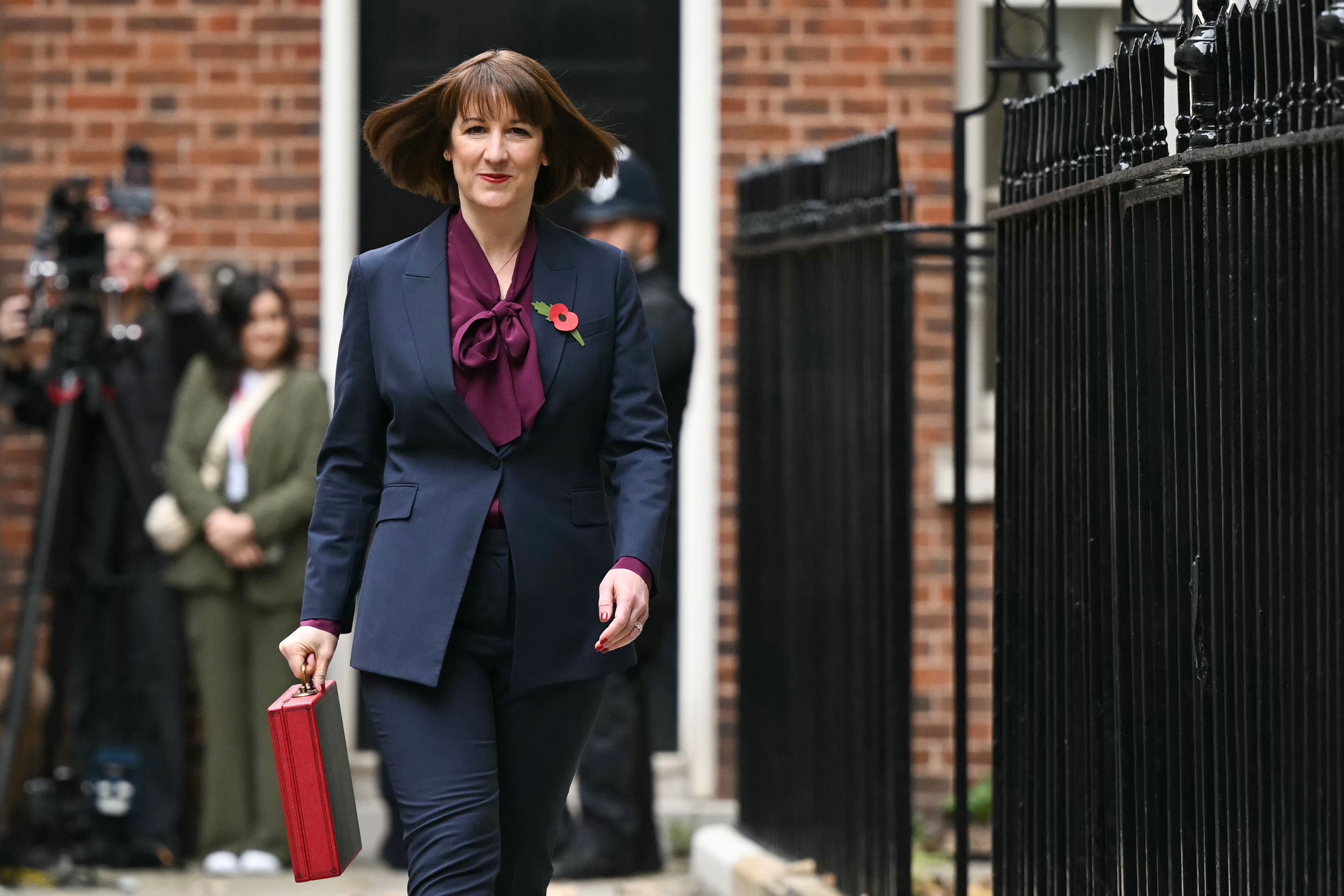Spending plans mean £9 billion of cuts after next year, economists warn
Economists have suggested Labour’s longer-term spending plans are ‘extremely challenging’ and do not rule out a return to austerity.

Your support helps us to tell the story
From reproductive rights to climate change to Big Tech, The Independent is on the ground when the story is developing. Whether it's investigating the financials of Elon Musk's pro-Trump PAC or producing our latest documentary, 'The A Word', which shines a light on the American women fighting for reproductive rights, we know how important it is to parse out the facts from the messaging.
At such a critical moment in US history, we need reporters on the ground. Your donation allows us to keep sending journalists to speak to both sides of the story.
The Independent is trusted by Americans across the entire political spectrum. And unlike many other quality news outlets, we choose not to lock Americans out of our reporting and analysis with paywalls. We believe quality journalism should be available to everyone, paid for by those who can afford it.
Your support makes all the difference.The Government will need to raise up to another £9 billion after next year to avoid cutting spending on unprotected departments, economists have warned.
Although day-to-day spending is set to rise rapidly after Wednesday’s Budget, increasing by 4.3% this year and 2.6% next year, it then slows down to just 1.3% per year from 2026.
That planned slowdown has led some experts to question Chancellor Rachel Reeves’s claim that there will be “no return to austerity”, with others suggesting they mean further tax rises could be announced in later budgets.
I am willing to bet a substantial sum that day-to-day public service spending will in fact increase considerably more quickly than supposedly planned after next year
Paul Johnson, director of the Institute for Fiscal Studies (IFS), said keeping to a 1.3% increase will be “extremely challenging, to put it mildly” and Ms Reeves’s plans “will not survive contact with her Cabinet colleagues”.
He said: “I am willing to bet a substantial sum that day-to-day public service spending will in fact increase considerably more quickly than supposedly planned after next year.
“1.3% a year overall would almost certainly mean real-terms cuts for some departments. It would be odd indeed to increase spending rapidly this year and next, only to start cutting back again in subsequent years.
“I’m afraid, at least on the surface, this looks rather like the same silly games playing we got used to with the last lot – pencil in implausibly low spending increases for the future in order to make the fiscal arithmetic balance.”
Mr Johnson was critical of the previous Conservative government, whose own spending plans implied a £20 billion cut to unprotected departments after this year – something he said had “lacked credibility”.
In analysis published on Thursday, the IFS suggested the current plans require £9 billion of cuts to unprotected departments such as transport and the environment after 2025/26.
In light of this, Mr Johnson said there “must be a risk” that taxes will have to rise again, especially if the Chancellor does not receive good news on growth, debt interest or welfare.
He said: “If nothing else changes in the forecast (except spending), and particularly if we choose not to increase petrol duty, I think other taxes will have to rise.”
In separate analysis, the Resolution Foundation suggested unprotected departments will have to shoulder a similar level of cuts between 2026 and 2029.
Economists at the think tank noted that, while this is a “significant improvement” on former chancellor Jeremy Hunt’s plans, it is still “not enough to completely rule out a ‘return to austerity’”.
It said: “The Chancellor’s ‘envelope’ implies unprotected services collectively shouldering a further cut of £8 billion over the last three years of this Parliament.
“If it happens, their users might not accept that there has been ‘no return to austerity’.”
Downing Street denied tax rises will be needed to address the squeeze on departmental spending.
Asked if taxes will need to rise to avoid cuts, the Prime Minister’s official spokesman said: “No. The Chancellor set out the spending envelope over the course of this Parliament. It results in day-to-day funding growing an average of 2% per year in real terms.
“It is a significant increase in investment in our public services compared to the plans that this Government inherited, and it required a significant set of choices and trade-offs in the Budget yesterday.
“Obviously, the next spending review will set out departmental plans beyond 2025/26 and it will also set out a significant public sector reform agenda alongside that.”